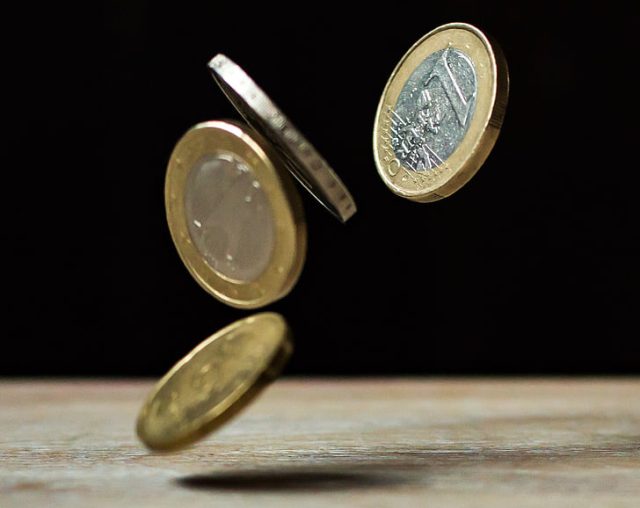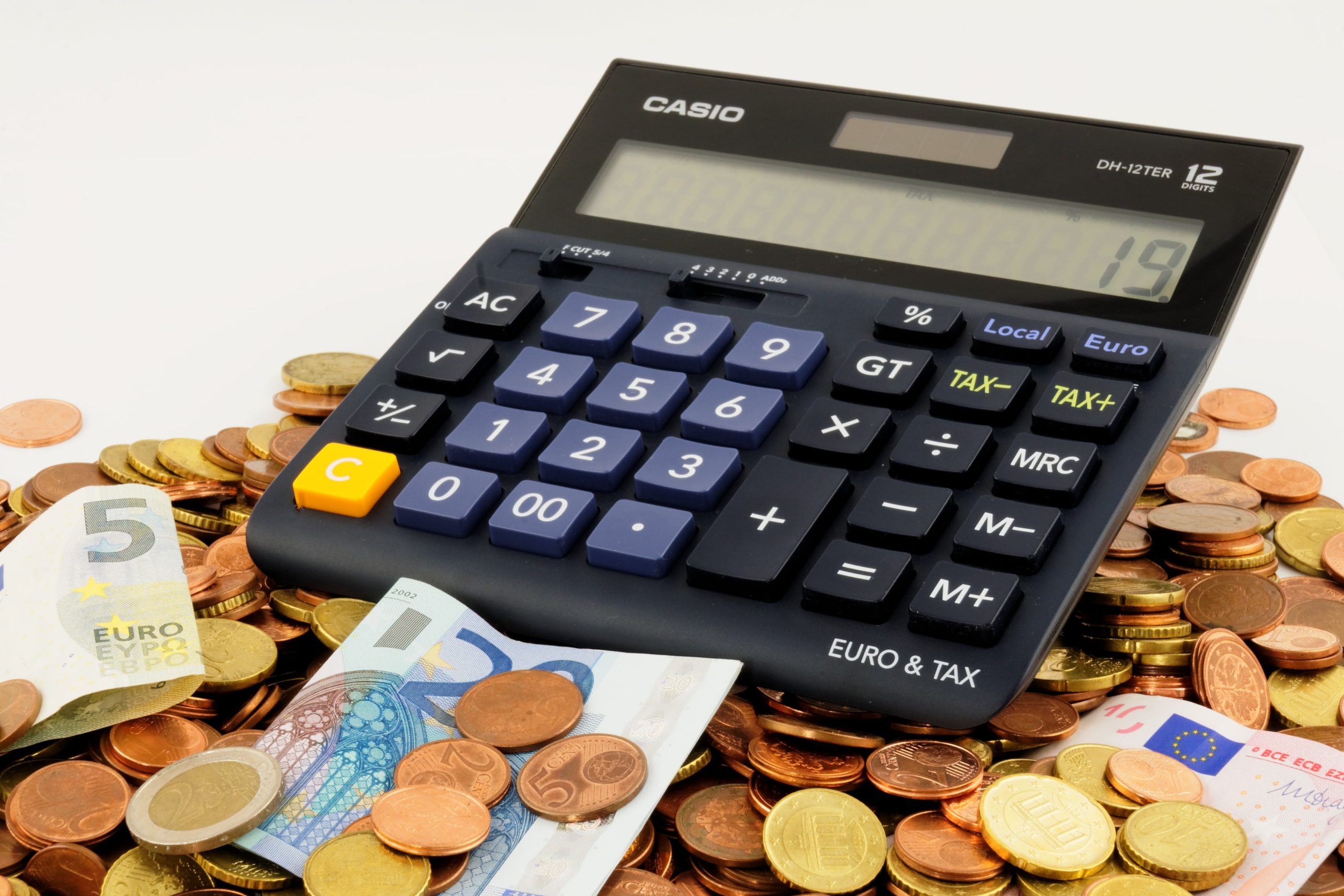
Bulgaria will join the European single currency from January the 1st, 2026, despite the fact that almost half of its citizens are against it for fear of a possible rise in the prices of goods and services, as happened in Croatia and Lithuania (the last two member countries to join the euro in the last decade). With Bulgaria’s entry into the eurozone, only six of the 27 EU countries will remain outside the currency union: Sweden, Poland, the Czech Republic, Hungary, Romania and Denmark. These countries do not currently have concrete plans to adopt the single currency, either for political reasons or because they do not yet meet the economic requirements for membership. Meanwhile, Bulgaria’s northern neighbor Romania, with a budget deficit approaching 60% of GDP and inflation above 9%, is trembling over a possible downgrade to junk by Fitch Ratings due to the unpredictable state of its economic sector. Many economic analysts are of the opinion that Romania is a step away from the situation of Greece during the great global economic crisis, which is why the current government is forced to take drastic measures such as raising taxes (from 10 to 16% tax on dividends, VAT from 19% to 21%), possible layoffs in the public sector and cuts in public investment spending.
Good bye, leva! Bulgaria will adopt the euro from January the 1st, 2026
Bulgaria had intended to adopt the euro earlier, but this plan was delayed due to high inflation fueled by deep political instability. However, on the 8th of July, the Council of the European Union ratified the last three pieces of legislation needed for Bulgaria to join the euro area. There was also an overwhelming vote of support in the European Parliament and the exchange rate of the Bulgarian national currency, the leva, against the euro was set in Brussels to take effect on the first day of next year. Thus, at a time when the euro has gained against the dollar, after repeated threats by the US president on the tariffs that the US will impose on the EU, Bulgaria will become from the beginning of 2026 the 21st member state to adopt the single European currency, while in Romania this change remains still a goal in the offing. According to economic analysts, the earliest and most optimistic date Romania could join the euro is 2030.

Danish Economy Minister Stephanie Lose, in the official announcement of the European Council, said that the vote on the 8th of July made Bulgaria the 21st member of the euro area. This marks the end of a complex process that involved detailed analysis and thorough preparation. One of the three pieces of ratified legislation also set the official exchange rate between the leva and the euro. The fixed rate will be €1 to 1.95583 leva, the same rate currently applied under the European exchange rate mechanism (ERM II). Most likely, as has happened in Croatia and Lithuania, the exchange rate will round to €1 for 2 leva, which will unpredictably lead to higher prices.
Although Bulgaria has been a member of the European Union since 2007, the adoption of the euro has sparked controversy among the population. Thousands of people have recently protested in the capital Sofia and Bulgaria’s main cities (carrying “No euro” placards), expressing fears that the changeover could lead to significant price hikes, fueling Europhobes’ discontent.
Euro adoption: inflation fears, populist protests and calls for referendum
Few people know that in practice, Bulgaria has been part of the euro area since 1997, when the country went through a severe financial crisis and defaulted on its payments. At that time, the Bulgarian authorities gave up the independence of monetary policy and pegged the national currency, the leva, to the German mark, under the supervision of a currency board coordinated from Frankfurt. Until the introduction of the euro, the parity was 1:1 between the leva and the mark, and with the advent of the euro, the ratio was set at 1 euro to 2 leva. At the same time, capital movements (inflows and outflows of foreign exchange) are carried out only with the approval of the currency board. As a result of this arrangement, inflation has been kept low as the Bulgarian National Bank no longer controls the printing of money. In practice, economic developments in the euro area are almost automatically reflected in Bulgaria. Almost twenty years after joining the European Union, Bulgaria is on the brink of a major changeover to the euro, officially scheduled, with final approval from Brussels, for January the 1st, 2026. However, this crucial step is not being received enthusiastically in all segments of Bulgarian society, where citizens’ dissatisfaction is visible through numerous protests, calls from civil society for a referendum on keeping the national currency (leva) and the spread of false information. Bulgarians fear a negative economic impact and lack confidence in the state authorities. Although technical preparations have been finalized, recent polls show that almost half of the population is reluctant to give up the national currency, the leva. Particularly in rural areas, many people are convinced that adopting the euro will adversely affect their standard of living. Sociologist Boriana Dimitrova pointed out that Bulgaria’s more vulnerable citizens fear that their living conditions will worsen. This distrust is fueled not only by the political instability of recent years, but also by past painful experiences, such as the severe financial crisis of 1996-1997, when inflation exploded and the Bulgarian banking system collapsed.

In this climate, populist parties such as the Vazrajdane party (known for its pro pro-Russian and Eurosceptic stances) have grown in popularity, organizing numerous large-scale protests in most major cities against the adoption of the euro. Even President Rumen Radev has publicly supported the protests, criticizing the lack of transparency of the authorities and the speed with which the currency changes are being imposed and calling for a referendum to postpone the adoption of the euro. With Bulgaria already facing economic and social difficulties, President Rumen Radev argued that the government is not taking enough measures to protect the socially disadvantaged.
“There are justified fears that prices will rise sharply. The state is not prepared to manage these effects,” the Bulgarian leader said.
Although President Rumen Radev’s initiative was rejected by parliament as unconstitutional, it has further widened divisions in society.
Contrasting perceptions: euro, symbol of modernization or threat?
In big cities like the capital Sofia, the single currency is seen as a natural step in strengthening ties with the European Union, an element of geopolitical stability and a symbol of belonging to the Western world. Young and educated people are generally enthusiastic about the change. The financial institutions are ready and the design of the Bulgarian euro coins is already set, including a special inscription on the two-euro coin: “Lord, keep Bulgaria”.
At the same time, disinformation campaigns are multiplying on social media, with viral videos on TikTok and Facebook claiming, among other things, that Brussels is planning to confiscate Bulgarians’ savings to support Ukraine, or that the leva, one of Europe’s oldest currencies, must be protected at all costs. These messages are often propagated even through local humor, fueling the fears of the disgruntled population.
Mass protests in Bulgaria: “The future belongs to sovereign states”
Half of Bulgarians do not want to adopt the euro, which is why at the end of May, thousands of people took to the streets in various Bulgarian cities to demonstrate against the plan to replace the leva with the euro as of January the 1st, 2026. The largest protests were held in Sofia, Veliko Tarnovo, Varna, and Yambol where participants demanded the resignation of the government, blocked traffic, chanted slogans in favor of the national currency and displayed banners with messages such as “Protect the Bulgarian Leva” and “The future belongs to sovereign states”. Similar demonstrations were held in Ruse, Burgas, Pazardjik and Shumen. The protests were initiated and supported by the nationalist party “Rebirth”, known for its pro-Kremlin orientation and recently for signing an agreement with Vladimir Putin’s “United Russia” party.
Despite the Sofia government’s claims that joining the eurozone will deepen economic integration and strengthen Bulgaria’s position in the EU, many citizens remain skeptical. The most common fears concern rising prices and a possible fall in living standards. Data shows that less than half of Bulgarians are in favor of the euro changeover, and concerns are growing as the deadline approaches.
Why will Romania have to wait at least 5 more years to adopt the euro?
Romania fears a downgrade to junk status. Given that Romania borrows abroad at higher interest rates than other countries in the region such as Bulgaria or Albania, the record inflation and the high level of public debt in relation to economic performance such as the disastrous budgetary situation will make it very difficult to join the euro in the near future. The lack of credibility externally is mainly due to the constantly growing budget deficit (the highest relative to GDP in the EU in 2024), unfinished economic reforms, the highest inflation in the EU, as well as the major political crisis that hit Romania with the annulment of the presidential elections in November 2024. In order for Romania to adopt the euro, it must follow a series of clear, binding steps and fulfill all the economic, legal and institutional criteria set by the Maastricht Treaty.

Romania needs to achieve and maintain the following nominal convergence criteria in order to adopt the euro:
Inflation – maximum 2% above the average of the best 3 countries (given that in 2024 inflation was 5.1, more than double the eligibility criterion).
Long-term interest – maximum 2% above the average of the best 3 countries (in reality Romania had a long-term interest rate of 5-6%),
Budget deficit – below 3% of GDP (Romania currently has a deficit of almost 9.3%, the highest in the EU)
Public debt – below 60% of GDP (currently it is 1,000 billion lei, or 59%, and is fast approaching the 60% threshold which, if exceeded, even this milestone will not be met on the road to joining the single European currency).
Exchange rate stability – Entering ERM II (Exchange Rate Mechanism) for 2 years without deviations and pegging the national currency against the euro in a stable range ±15% (Romania has not entered ERM II until today). To achieve exchange rate stability Romania needs: low and stable inflation (which is hard to believe will be achieved), prudent fiscal policy (in Romania there is no economic predictability, the Fiscal Code being modified at the pleasure of political leaders without consultation with the business community), international credibility in the eyes of the European Central Bank and the European Commission (here too there are problems given the foreign interest rates at which Romania borrows).
If we were to make an optimistic forecast, Romania could adopt the euro in 2030 at the earliest under the following conditions: macroeconomic stabilization in the next two years, entry into ERM II from January 2026 and participation in ERM II until 2029, receipt of a positive convergence report during 2029. The way things are going economically and politically, it is hard to believe that these criteria will be met, which leads us to believe that Romania will have to wait a long time (most likely another decade) before catching up with Bulgaria and finally adopting the euro.



 Subscribe
Subscribe